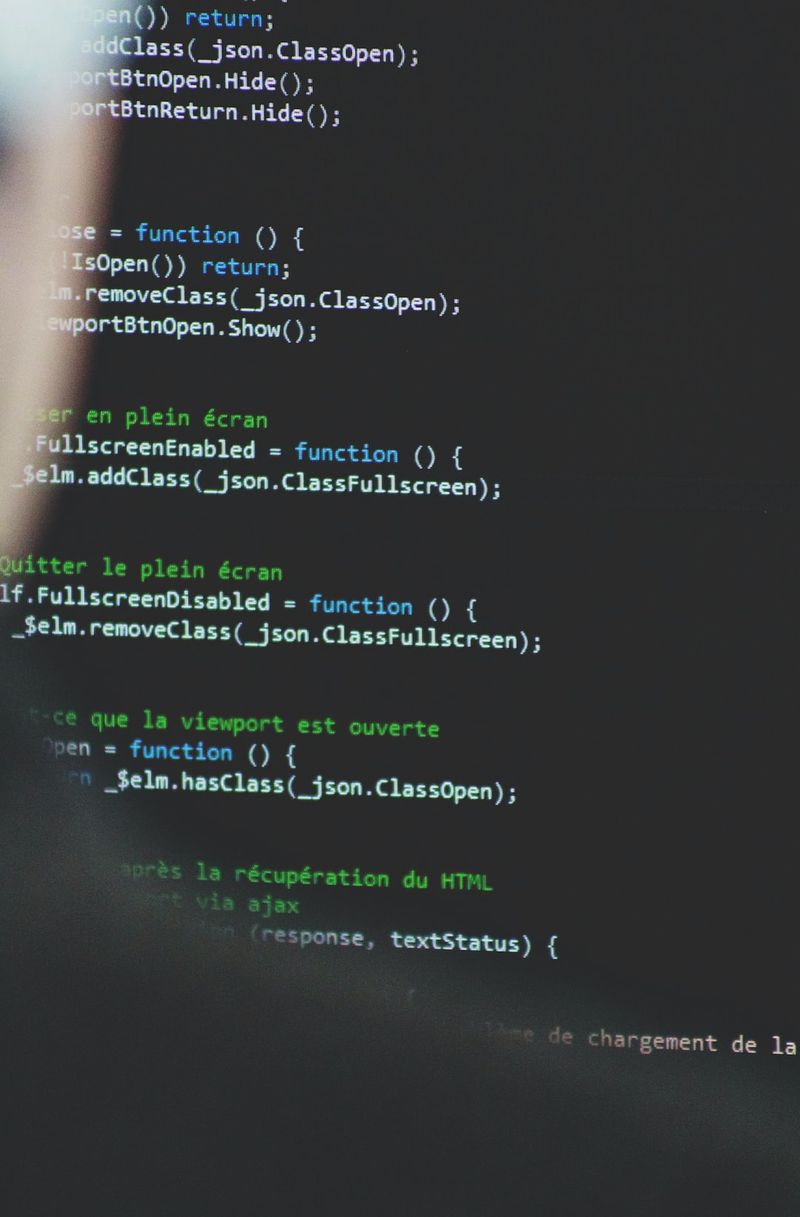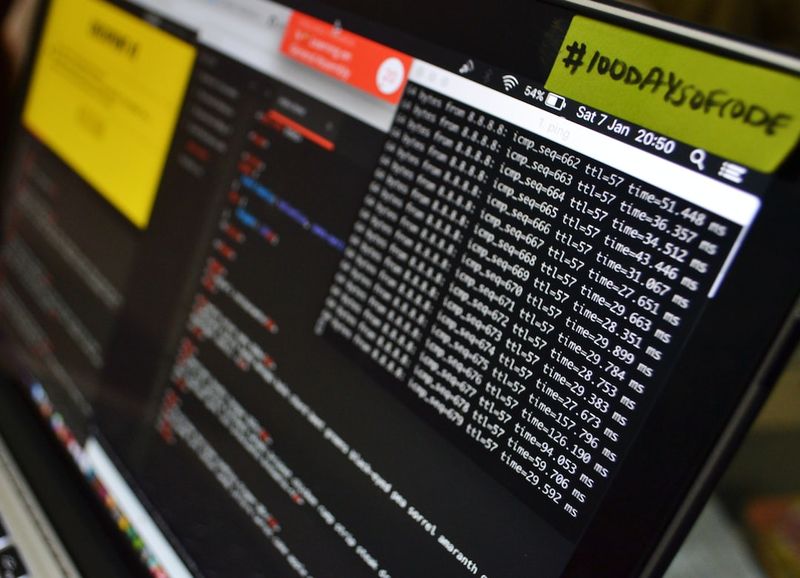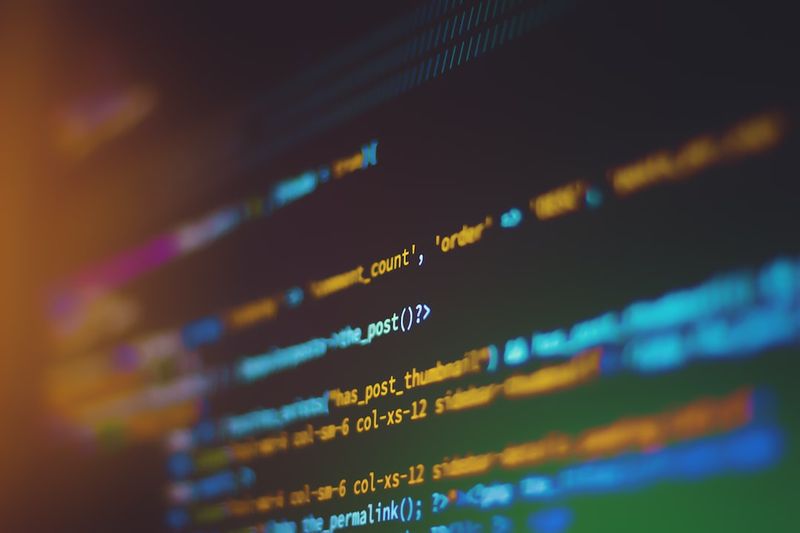“Cybersecurity Incident” Strikes International Criminal Court
Overview
The International Criminal Court (ICC) has recently reported being affected by a “cybersecurity incident” that has caused disruptions in its IT systems. While the court has not provided detailed information about the nature of the attack, it has reassured the public that it is taking immediate actions to respond to the incident and mitigate its impact. As the ICC continues its investigation into war crimes in Ukraine, concerns have been raised regarding the potential implications of this cyber attack on the court’s important work.
The ICC and Challenges of Cybersecurity
The ICC, based in The Hague, has been a target of international espionage in the past. Just last year, the Netherlands thwarted an attempt by a Russian spy to infiltrate the court disguised as a Brazilian intern. The spy, Sergey Vladimirovich Cherkasov, could have gained access to sensitive intelligence regarding the ICC‘s probe into war crimes in Ukraine or even influenced ongoing criminal proceedings. This incident highlights the vulnerability of international institutions like the ICC to cyber attacks and the potential impact such breaches can have on their operations.
Philosophical Discussion: Balancing Security and Transparency
The ICC‘s mission to prosecute individuals responsible for genocide, war crimes, and crimes against humanity relies on trust and confidence from the international community. However, incidents like this cyber attack raise philosophical questions about the delicate balance between security and transparency. While it is crucial for the ICC to protect its sensitive information and ensure the safety of its operations, it is equally important for the court to maintain its commitment to transparency and accountability.
Editorial: Strengthening Cybersecurity Measures
This latest cyber attack on the ICC serves as a reminder of the urgency to fortify cybersecurity measures on a global scale. International institutions, particularly those handling sensitive and confidential information, need to continuously update and enhance their cybersecurity protocols to guard against emerging threats. Investing in robust encryption, multi-factor authentication, and regular security audits are just a few of the measures that can help mitigate risks.
Advice: Protecting Against Cyber Threats
While it is the responsibility of institutions like the ICC to strengthen their cybersecurity, individuals must also take steps to protect themselves in an increasingly digital world. Here are a few recommendations for online safety:
1. Strong Passwords: Use unique, complex passwords for each online account and consider using a password manager for added convenience and security.
2. Two-Factor Authentication: Enable two-factor authentication wherever available to add an extra layer of security to your accounts.
3. Software Updates: Regularly update your operating system, web browsers, and applications to ensure you have the latest security patches.
4. Phishing Awareness: Be vigilant of suspicious emails, messages, or phone calls that may be attempts to trick you into revealing sensitive information. Verify the sender’s authenticity before sharing any personal or financial details.
5. Secure Network Connections: Avoid connecting to public Wi-Fi networks when accessing sensitive information. Instead, use a virtual private network (VPN) for a secure connection.
6. Regular Backups: Back up important files regularly to an external hard drive or a cloud storage service, allowing you to recover your data in case of a cyber attack.
In Conclusion
The recent cybersecurity incident at the International Criminal Court serves as a wakeup call for both institutions and individuals to prioritize cybersecurity. International organizations must invest in robust security measures to protect sensitive information, while individuals should remain vigilant and adopt best practices to safeguard their digital lives. The fight against cyber threats requires collaboration, innovation, and a shared commitment to staying one step ahead of those who seek to exploit vulnerabilities in our interconnected world.

<< photo by Pixabay >>
The image is for illustrative purposes only and does not depict the actual situation.
You might want to read !
- Risk-Based Vulnerability Management: The Future of Securing Markets
- The Future of Vulnerability Management: Embracing Risk-Based Approaches
- Risk-Based Vulnerability Management: The Future of Securing the Vulnerability Management Market
- Data Breach Alert: Microsoft AI Researchers Unintentionally Expose 38 Terabytes of Confidential Information
- The Transatlantic Crackdown: US and UK Join Forces Against the Russian-Linked Trickbot Hacker Syndicate
- When Autocratic Leaders Compromise National Security
- Vulnerability Trends in Critical Infrastructure Sector: Insights by SynSaber and ICS Advisory Project
- Navigating the Cyber Battleground: A Closer Look at the Global Hacking Competition
- Cybersecurity Breach Exposes Millions of Genworth Policyholders and Retired California Workers




